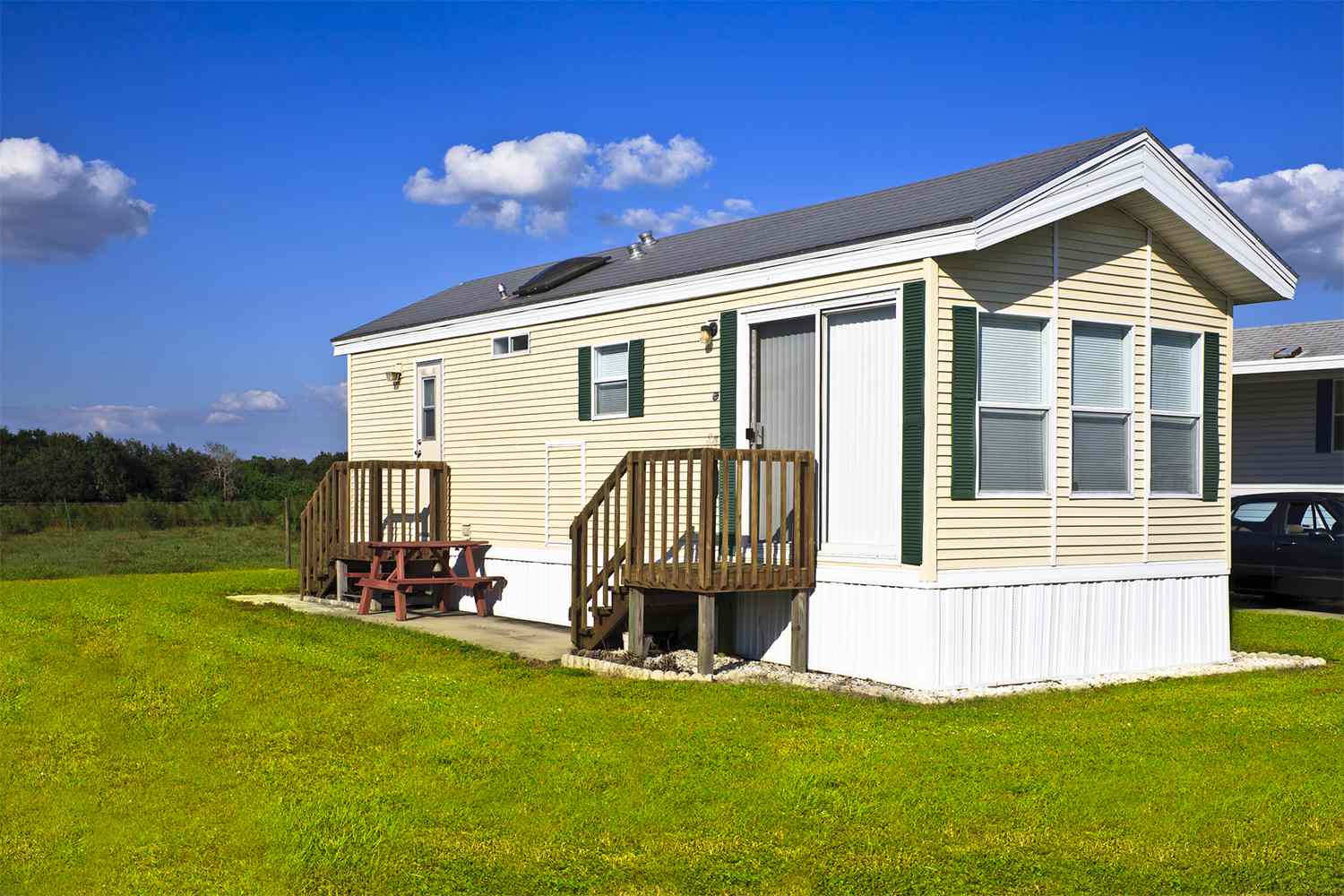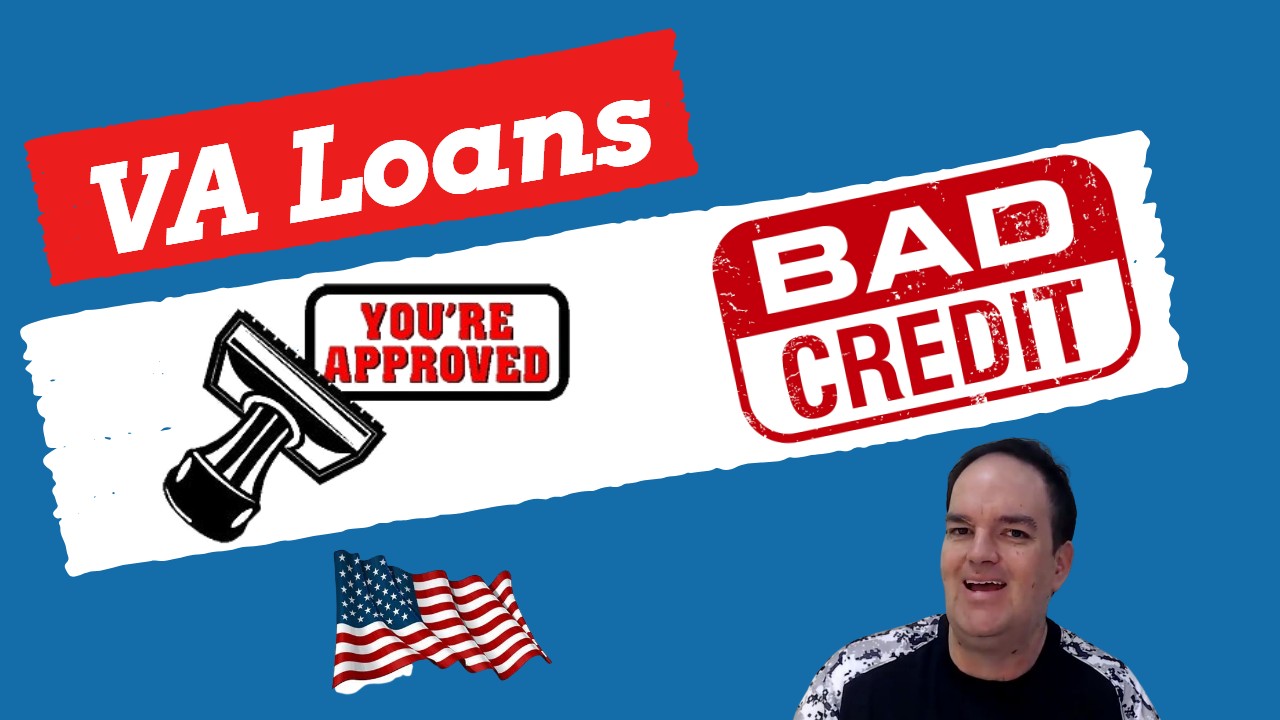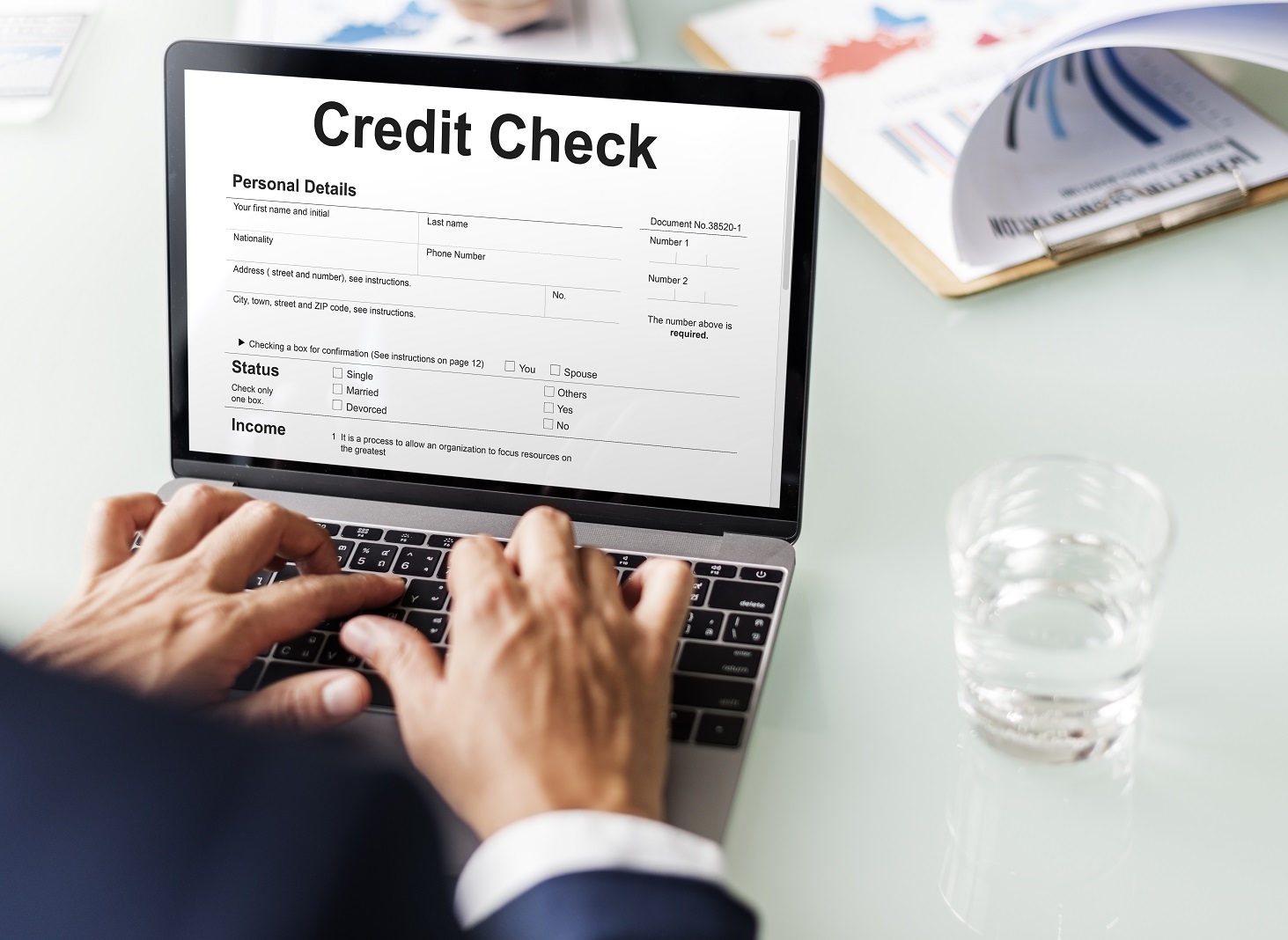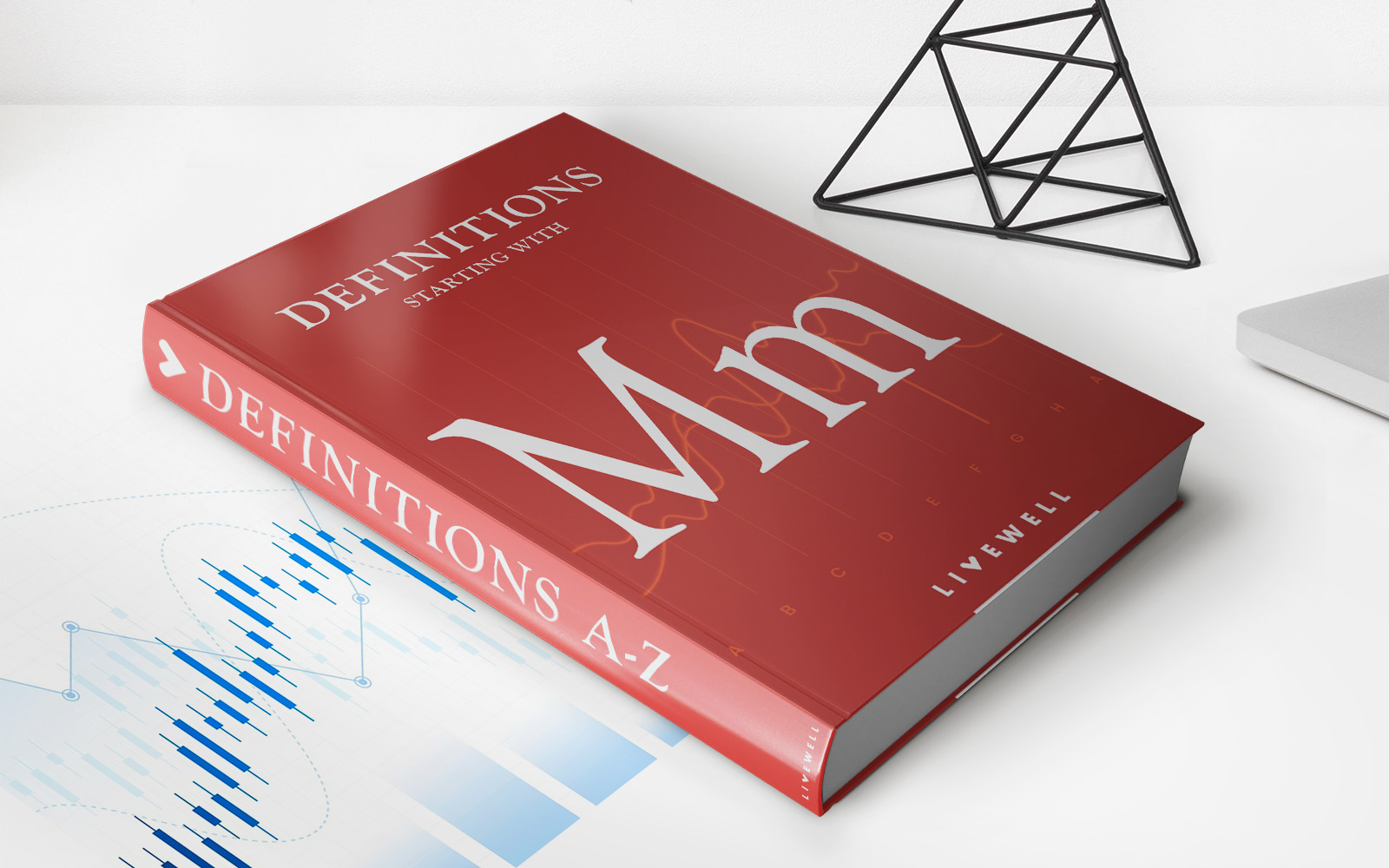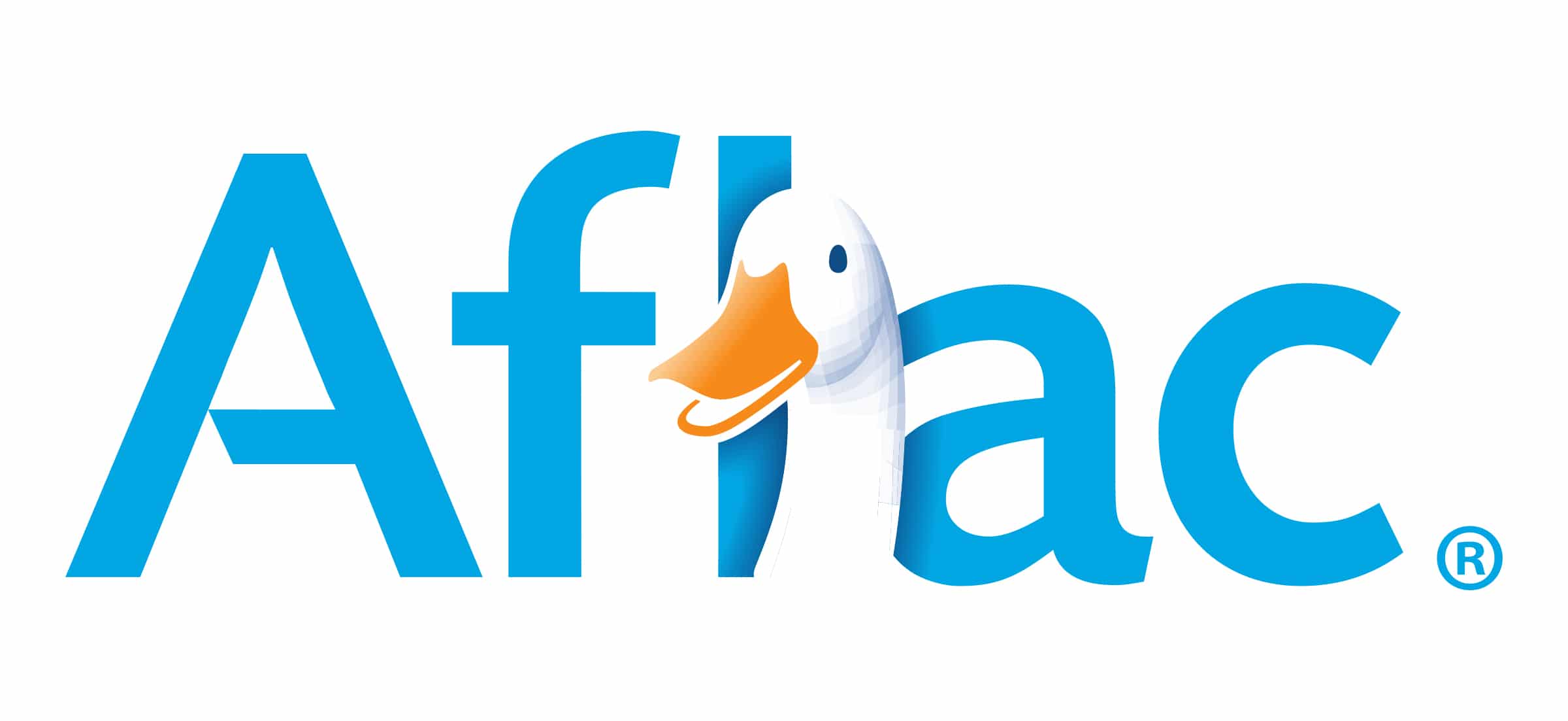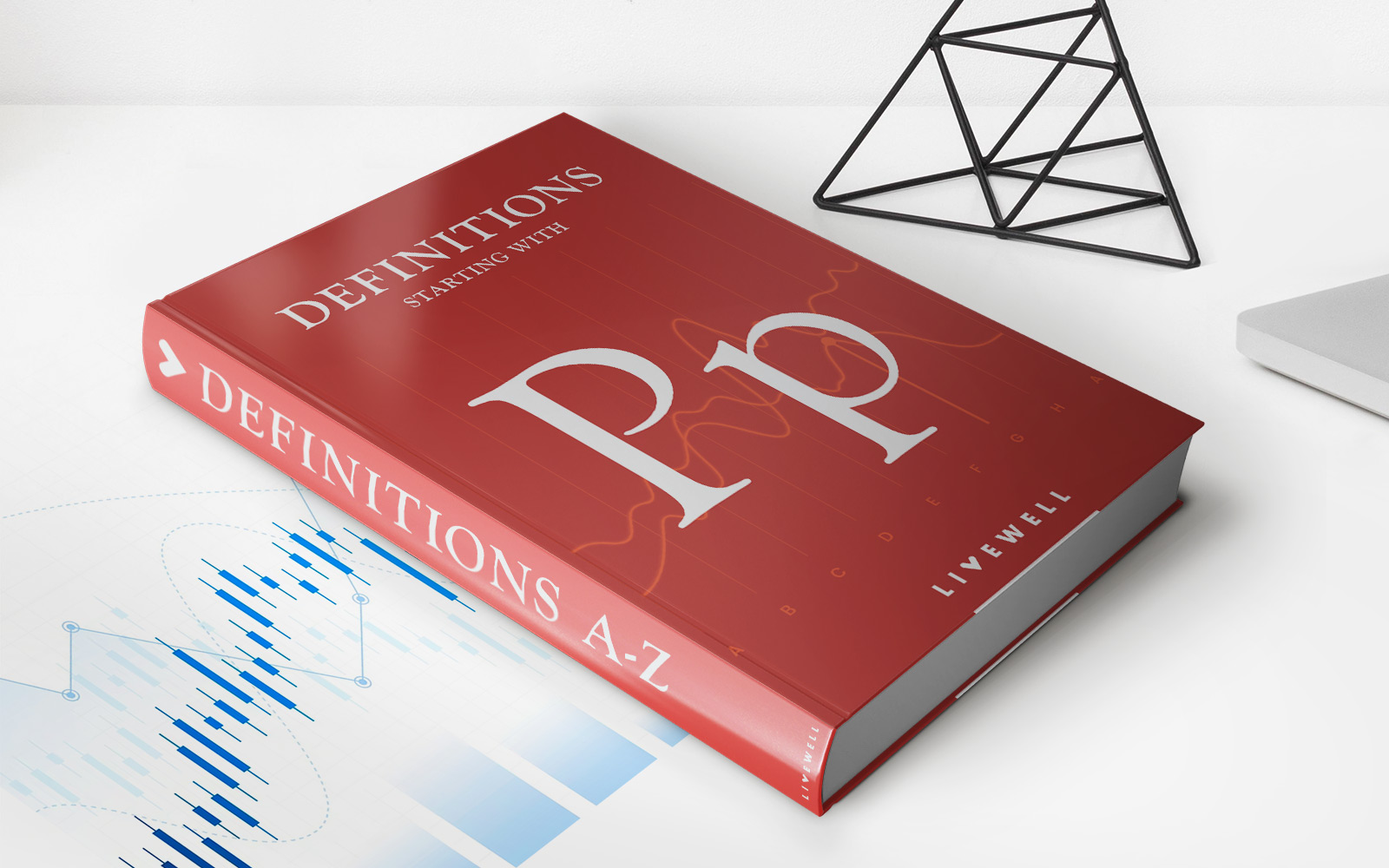Home>Finance>How To Qualify For A VA Home Loan With Bad Credit


Finance
How To Qualify For A VA Home Loan With Bad Credit
Published: January 10, 2024
Learn how to qualify for a VA home loan with bad credit and improve your chances of securing finance for your dream home.
(Many of the links in this article redirect to a specific reviewed product. Your purchase of these products through affiliate links helps to generate commission for LiveWell, at no extra cost. Learn more)
Table of Contents
Introduction
Qualifying for a home loan can be a daunting process, especially if you have a less than ideal credit score. However, if you are a U.S. veteran or an active duty service member, there is a special loan program available to help you achieve the dream of homeownership – the VA home loan.
VA home loans are backed by the Department of Veterans Affairs, making them a favorable option for veterans and service members. One of the main advantages of a VA home loan is that it allows individuals with bad credit to still qualify for financing.
In this article, we will explore the possibility of qualifying for a VA home loan with bad credit and discuss the steps you can take to improve your creditworthiness. By the end, you will have a better understanding of how the VA home loan program works and how you can navigate the approval process, even with less-than-perfect credit.
So, if you’re ready to learn how you can turn your dream of owning a home into reality, let’s dive in and discover how to qualify for a VA home loan with bad credit.
Understanding VA Home Loans
Before we delve into the process of qualifying for a VA home loan with bad credit, let’s first understand what a VA home loan is and how it works.
A VA home loan is a mortgage loan guaranteed by the U.S. Department of Veterans Affairs. It is available to eligible veterans, active duty service members, and even certain surviving spouses. The purpose of this loan program is to assist veterans in obtaining affordable housing by offering more flexible lending options and lower interest rates.
Unlike conventional loans, VA home loans do not require a down payment. This can be a significant advantage, especially for those with limited savings or financial constraints. The absence of a down payment reduces the upfront cost of homeownership and allows veterans to secure a loan without having to save for a substantial down payment.
Another distinctive feature of a VA home loan is the absence of private mortgage insurance (PMI). While conventional loans often require borrowers to pay for PMI if their down payment is less than 20%, VA loans do not carry this additional cost. This can result in significant savings over the life of the loan.
Additionally, VA home loans offer competitive interest rates. The Department of Veterans Affairs negotiates with approved lenders to set interest rate guidelines, ensuring that veterans receive fair and favorable rates. This can make a significant impact on the affordability of the loan and the overall cost of homeownership.
It’s important to note that VA home loans can only be used for primary residences, meaning you cannot use them for investment properties or vacation homes. The purpose of the loan is to provide veterans and service members with a stable and affordable housing option, allowing them to transition into civilian life with security and stability.
Now that we have a better understanding of what a VA home loan is and the advantages it offers, let’s move on to the qualifications and requirements necessary to secure this type of loan, even if you have bad credit.
Qualifying for a VA Home Loan
Qualifying for a VA home loan with bad credit is possible, thanks to the lenient eligibility requirements set by the Department of Veterans Affairs. While conventional mortgage lenders may have strict credit score requirements, the VA home loan program allows for more flexibility.
To be eligible for a VA home loan, you must meet certain service requirements. Generally, veterans who have served at least 90 consecutive days during wartime or 181 consecutive days during peacetime are eligible. National Guard and Reserve members may also qualify if they have completed at least six years of service.
When it comes to credit requirements, the VA does not set a specific minimum credit score. However, most lenders will have their own credit score requirements. While they may be willing to work with borrowers who have less-than-perfect credit, a higher credit score will increase your chances of approval and may result in more favorable terms, such as a lower interest rate.
Along with creditworthiness, lenders will also evaluate your debt-to-income ratio (DTI). This ratio compares your monthly debt payments to your gross monthly income. While the VA does not have a specific maximum DTI requirement, most lenders prefer a DTI of 41% or lower. However, under certain circumstances, lenders may go higher if they can justify the risk based on other factors.
Aside from service eligibility and creditworthiness, you will also need to provide documentation to support your loan application. This includes proof of income, such as pay stubs or tax returns, as well as documentation of your military service.
If you have bad credit, it’s essential to be proactive in improving your creditworthiness before applying for a VA home loan. While your credit score may not be the only factor lenders consider, taking steps to improve it can increase your chances of approval and result in more favorable loan terms.
Next, we will explore the various factors that can affect your creditworthiness and discuss strategies to improve your credit score, ultimately optimizing your chances of qualifying for a VA home loan with bad credit.
Factors Affecting Creditworthiness
Your creditworthiness plays a crucial role in determining your eligibility for a VA home loan. Lenders assess your creditworthiness by evaluating various factors that reflect your financial responsibility. While having bad credit doesn’t necessarily disqualify you from obtaining a VA home loan, it can affect your interest rate and loan terms. Here are some key factors that can impact your creditworthiness:
- Credit Score: Your credit score is one of the most significant factors lenders consider. It is a numerical representation of your creditworthiness and is based on factors such as your payment history, amounts owed, length of credit history, new credit, and types of credit used. Generally, a higher credit score demonstrates a lower risk to lenders and can result in more favorable loan terms.
- Payment History: Your payment history reflects your track record of making timely payments on your debts. Late payments, delinquencies, or defaults can negatively impact your credit score and indicate a higher credit risk to lenders.
- Debt-to-Income Ratio (DTI): Your DTI ratio compares your monthly debt payments to your gross monthly income. Lenders use this ratio to assess your ability to manage additional debt. A high DTI ratio may indicate a greater financial burden and can lower your creditworthiness.
- Credit Utilization: This factor measures the percentage of your available credit you are currently using. Maxing out your credit cards or having high balances can negatively impact your credit score and indicate a higher credit risk.
- Credit History Length: The length of your credit history is important as it demonstrates your experience managing credit over time. A shorter credit history may limit your creditworthiness compared to someone with a longer and more established credit history.
- Derogatory Marks: Negative items on your credit report, such as bankruptcies, foreclosures, or collections, can significantly impact your creditworthiness and make it more difficult to qualify for a VA home loan.
Understanding these factors and how they contribute to your creditworthiness can help you identify areas for improvement. By addressing these factors and taking steps to improve your credit, you can increase your chances of qualifying for a VA home loan with bad credit.
In the next section, we will discuss actionable steps you can take to improve your credit score and enhance your creditworthiness before applying for a VA home loan.
Steps to Improve Your Credit
If you have bad credit and are looking to qualify for a VA home loan, taking steps to improve your creditworthiness is crucial. While improving your credit may not happen overnight, implementing the following strategies can help you boost your credit score and increase your chances of loan approval:
- Review Your Credit Report: Start by obtaining a copy of your credit report from each of the three major credit bureaus – Equifax, Experian, and TransUnion. Review the report carefully to identify any errors, inaccuracies, or fraudulent accounts that may be negatively affecting your credit score. Dispute any errors and work to have them removed from your report.
- Make Timely Payments: Paying your bills on time is one of the most important factors in improving your credit score. Set up automatic payments or reminders to ensure you don’t miss any due dates. Consistently making on-time payments will demonstrate your financial responsibility and improve your creditworthiness.
- Reduce Your Debt: Lowering your overall debt can positively impact your credit score. Create a budget and prioritize paying down high-interest debts first. Consider using strategies like the debt snowball or debt avalanche methods to accelerate your debt payoff.
- Keep Credit Card Balances Low: High credit card balances can negatively impact your credit utilization ratio. Aim to keep your credit card balances below 30% of your available credit limit. Paying down your credit card balances can help improve your creditworthiness.
- Build a Positive Credit History: If you have a limited credit history or no credit at all, building a positive credit history is essential. Consider applying for a secured credit card or becoming an authorized user on someone else’s credit card to start establishing a history of responsible credit use.
- Avoid Opening New Credit Accounts: While it’s important to have a mix of credit types, opening too many new accounts can lower your credit score. Only apply for new credit when necessary, and carefully consider the potential impact on your creditworthiness.
- Work with a Credit Counseling Agency: If you’re struggling with debt or need guidance on improving your credit, consider working with a reputable credit counseling agency. They can provide customized advice and help you create a plan to improve your credit and manage your finances more effectively.
Improving your credit takes time and discipline, but the efforts are well worth it. By following these steps, you can enhance your creditworthiness and position yourself for a successful VA home loan application.
While working on improving your credit, you may be curious about alternative options for VA home loan approval. In the next section, we will explore possible alternatives that can help you secure financing, even with bad credit.
Alternative Options for VA Home Loan Approval
If you have bad credit and are concerned about qualifying for a VA home loan, there are alternative options available that can increase your chances of approval. While these alternatives may come with certain requirements or conditions, they provide opportunities for individuals with less-than-perfect credit to secure financing. Here are some options to consider:
- Seek Lenders specializing in VA Home Loans: Some lenders specialize in working with veterans and have experience navigating the VA home loan process. These lenders may be more understanding of your unique circumstances and be more lenient when it comes to credit requirements.
- Apply for a VA-backed loan with a Co-Borrower: Having a co-borrower with good credit can strengthen your loan application. A co-borrower with a higher credit score may help offset the impact of your bad credit, improving your chances of loan approval.
- Consider a VA Loan with a Down Payment: While VA loans typically do not require a down payment, making a down payment can help mitigate the risk associated with bad credit. By offering a down payment, you may be able to negotiate more favorable loan terms or convince lenders to overlook certain credit issues.
- Work on Building Your Savings: Building up your savings demonstrates your ability to handle financial responsibilities and can offset concerns about bad credit. Accumulating a substantial savings account can help strengthen your loan application and increase your chances of approval.
- Seek Pre-Approval: Getting pre-approved for a VA home loan can give you a better understanding of your borrowing capacity and help you identify areas for improvement. It also shows sellers that you are a serious buyer, potentially giving you an advantage in a competitive housing market.
- Consider Credit Repair Services: If your credit issues are due to errors or inaccuracies, working with a reputable credit repair service may help rectify the situation. These services can help you dispute and resolve any issues on your credit report, potentially improving your credit score.
Remember, while these alternative options may increase your chances of securing a VA home loan with bad credit, it is crucial to assess their implications and consider the long-term affordability of homeownership. Taking steps to improve your credit and financial health should always be a priority.
In the next section, we will summarize the key points discussed and conclude on how to qualify for a VA home loan with bad credit.
Conclusion
Qualifying for a VA home loan with bad credit may seem challenging, but it is certainly possible. The VA home loan program offers veterans and service members a unique opportunity to achieve homeownership, even with less-than-perfect credit. By understanding the program’s guidelines and taking proactive steps to improve your creditworthiness, you can increase your chances of approval and secure a VA home loan.
Throughout this article, we’ve explored the ins and outs of VA home loans, the factors that affect creditworthiness, and the steps you can take to improve your credit. We’ve discussed the advantages of VA home loans, such as no down payment requirements and competitive interest rates, and highlighted alternative options for approval, such as working with lenders specializing in VA home loans or considering a co-borrower.
Remember, improving your credit takes time and dedication. By reviewing your credit report, making timely payments, reducing your debt, and building a positive credit history, you can boost your credit score and enhance your creditworthiness.
Before applying for a VA home loan, it’s essential to assess your financial situation and evaluate the long-term affordability of homeownership. Consider working with a reputable credit counseling agency for guidance throughout the process.
The VA home loan program is designed to support veterans and service members in achieving their homeownership goals. Even if you have bad credit, don’t let it deter you from exploring this option. Take the necessary steps to improve your credit, explore alternative options, and work with knowledgeable professionals to navigate the VA home loan process successfully.
So, if you’re a veteran or active duty service member dreaming of homeownership, take control of your credit, learn about the VA home loan program, and start turning your homeownership dreams into reality.

